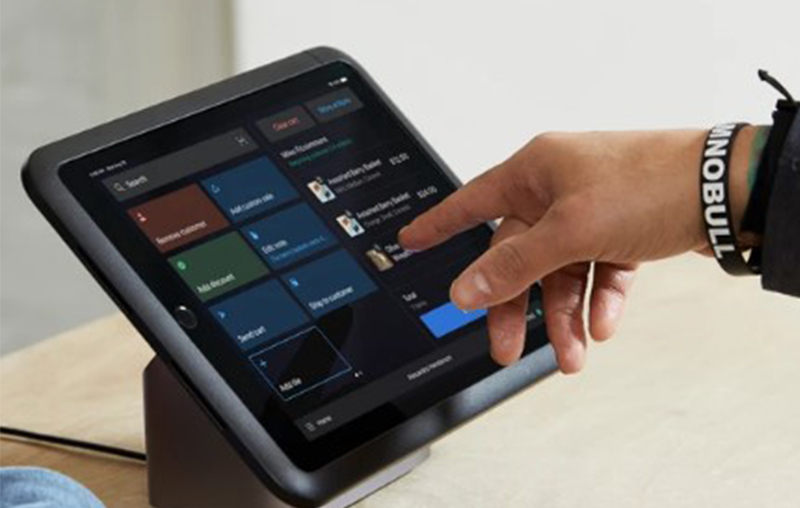Here is the list of drawbacks of the Traditional POS system which you should consider before selecting an appropriate Point of sale for your business.
1. Costly Upgrades/ Maintenance
The traditional Point of sales requires manual up-gradation which can be costly as with every additional business requirement a new installment of software and hardware is needed. It led to labor costs as well along with the other major tools cost. Also, the system requires regular maintenance with a definite cost in a while.
2. Hardware requirements
It has a certain setup that requires a set of hardware to be installed at the business location. The hardware includes systems, servers, and devices. In addition, it may require additional hardware to maintain inventory and other retail-related functions you need it to perform.
3. Inflexible
The fact that it is location restricted and to access the data one must be physically present on the site makes it unfit for many businesses. Not everyone is authorized to access it and retrieve the data, but it has to be done manually by using the devices attached to the server directly in the closed network.
Another negative point that makes the Legacy POS systems a big no is the issues and glitches in the system that can affect the whole process to the point where it is no more functional. It results in sales loss and customer dissatisfaction. The process of finding and solving the issue can take time which again marks it a risky choice for a POS.
This system failure requires you to have a backup plan and data storage so that you don’t lose your important data to any such hazard. These chains of risks don’t make a traditional Point of sale a suitable fit for the businesses.
4. Staff requirement
The system requires to have a set of experts who can manage and deal with software and hardware-related issues of the POS in real-time which makes it more costly. This team takes care of the system and provides you solutions but adds a lot of cost to the business expense.
Considering all the factors mentioned above, a traditional POS system carries paramount risks and costs that can be avoided if chosen a cloud-based POS. Depending on the size of your business and its requirements, you can choose between both. It is suggested if your business is spread wide and needs customized solutions for each part and also requires a higher level of data security only then you should pick a traditional POS.
